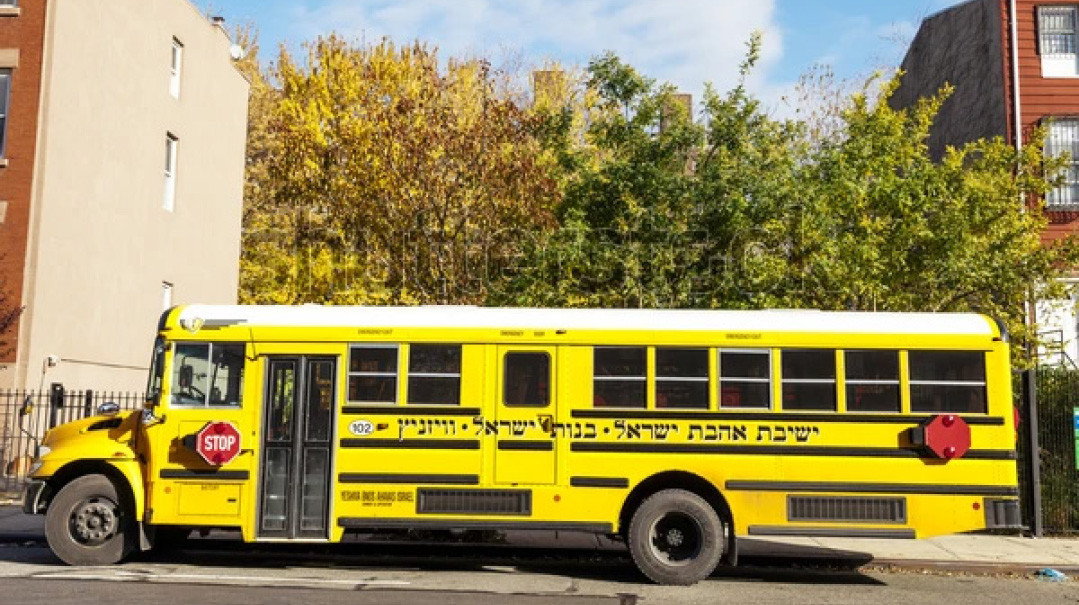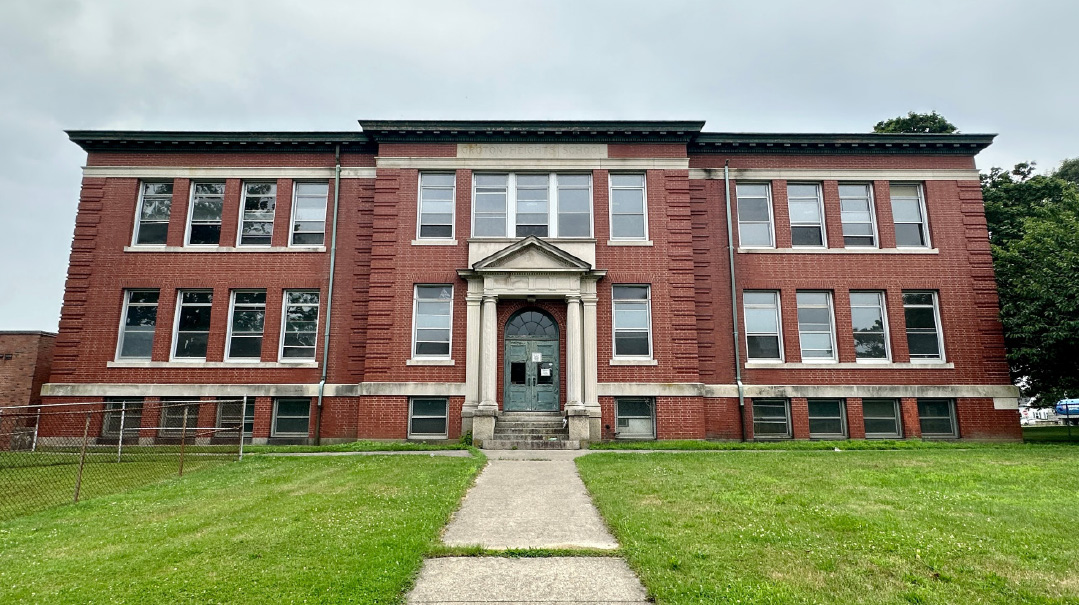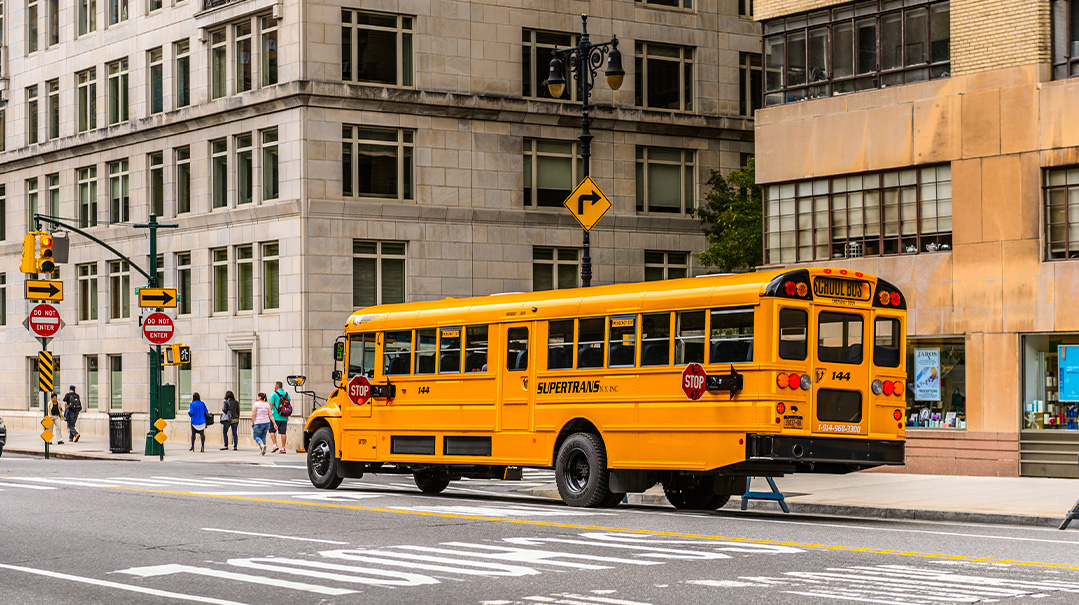New Rules for Yeshivos, New Worries for Parents

The latest set of rules will have major impacts on how yeshivos have operated in the postwar era

IT'S
been over three years since the New York State Education Department first tried to spread its regulatory net over private schools but ran up against a wall of 140,000 comments. The latest iteration of that effort is now here. The department’s newest revised set of regulations has been out for a month, and the public has until May 30, less than four weeks away, to comment on it.
Orthodox Jewish groups objected to the previous set of revisions, which called for private schools to provide more than four hours of daily secular studies in order to meet the legal threshold of being “substantially equivalent” to state public schools. That requirement was dropped in this round and replaced with a basket of six options.
Orthodox parents still have five reasons to worry about the latest set of rules, which will have major impacts on how yeshivos have operated in the postwar era.
1. Big Brother Is Here
To Agudath Israel’s Rabbi Chaim Dovid Zwiebel, the greatest apprehension is that yeshivos would, for the first time, be required to cede control over their operations to the state education bureaucracy.
“There are definite improvements in this version over the original one, but it still has a lot of potential problems,” says Rabbi Zwiebel, the executive vice president of Agudath Israel of America and chairman of the Committee of New York City Religious and Independent School Officials. “Most pernicious in my mind is that the local school districts will now come into our schools and look over our shoulders, having the authority to determine that the way we do things does not satisfy the requirements of the law.”
2. No Unity This Time
While the last set of regulations brought together the entire private school community, covering 400,000 students, in opposition, there will be no unity this time around. For one thing, the Catholic, Muslim, and specialty schools, which constitute 60 percent of all private schools, will easily pass muster under the new regime. While the Catholic school system last time insisted that the public school bureaucracy is its competition and it wouldn’t submit to state inspections, it is not expected to put up a fight this time.
Secondly, even among New York yeshivos, the new rules will have a somewhat disparate impact. For example, modern Orthodox schools, girls schools, and some litvish-style yeshivos could meet the new requirements, availing themselves of one or more of the six options. The ones with the most to lose are the mosdos with a mesorah to limit secular studies. While their robust limudei kodesh programs instill critical thinking and analytical skills, enabling graduates to make their mark in business or the arts, under the narrow definitions of the regulations, these mosdos would not pass.
So while all Jewish schools, from the right to the left, are opposed to the intrusiveness of the regulations, the intensity of their opposition is colored by how seriously they are impacted.
3. Accreditation Is No Lifeline
The new rules allow private schools to avoid local district supervision if they administer the state Regents exams or gain state accreditation. But gaining accreditation is a prohibitive task that can take up to five years.
“The regulations speak of schools that are already accredited, not schools that are in the process of getting accredited,” Rabbi Zwiebel notes. “Most Catholics and other nonpublic schools are already accredited by the state. But for whatever reason, only a handful — about a half dozen — of yeshivos have gone through the accreditation process. So that accreditation lifeline will be available to the Catholic schools, it will be available to the independent schools, but not to most yeshivos.”
While it can take up to five years for a school to receive accreditation, the new rules would allow the state to shut a school down in only 45 days. All it takes to trigger an investigation by the local school superintendent is a complaint made by anyone — even if that petitioner does not provide evidence of being harmed by the private school’s policies. The only avenue for the private school is to appeal to the state education commissioner, who does not answer to politicians or the court.
“The provisions,” Rabbi Zwiebel says, “basically invite any malcontent who has a grudge to settle to challenge the status of a yeshivah. They don’t have to have gone to that school and they don’t have to have any standing to make that challenge. This is an outlandish concept that doesn’t exist anywhere else.”
Furthermore, if the new rules are approved, there will be a flood of accreditation applications from yeshivos, swamping the system and leading to massive delays. The state has not shown any inclination to speed up the process.
4. The Meaning of Testing
As for the Regents exams, Rabbi Zwiebel says much remains to be clarified. Do schools have to offer the tests to be in compliance, or must their students pass them? If yes, by what percentage? Public schools students don’t pass at anywhere near the rate that most yeshivah students pass. In the school year ending in 2019, the last before Covid disrupted schedules, fewer than half of public school students passed eighth grade, and only a third were deemed proficient in math in English.
5. Progressive Curriculums
The most pressing concern, however, is the power the regulations give to local school authorities — in Boro Park, Crown Heights, and Williamsburg, for example, this would be the New York City Department of Education, while in Monsey it would be East Ramapo School District — to demand that yeshivos teach a certain curriculum. This might include civics classes or gym, but a local school authority could impose more progressive demands that diametrically conflict with a yeshivah’s character.
“Take a look at the situation in England,” Rabbi Zwiebel points out. “The education agency there, Ofsted, shut down the Vizhnitzer yeshivah, since it refused to teach subjects they were morally opposed to. That happened just because they had the right to come in whenever they wanted and look over their shoulders at what was being taught, until they said, ‘If you are not going to teach based on our social values, then you are not being compliant.’
“That,” Rabbi Zwiebel adds, “is the stage we are now approaching here in New York.”
(Originally featured in Mishpacha, Issue 909)
Oops! We could not locate your form.







